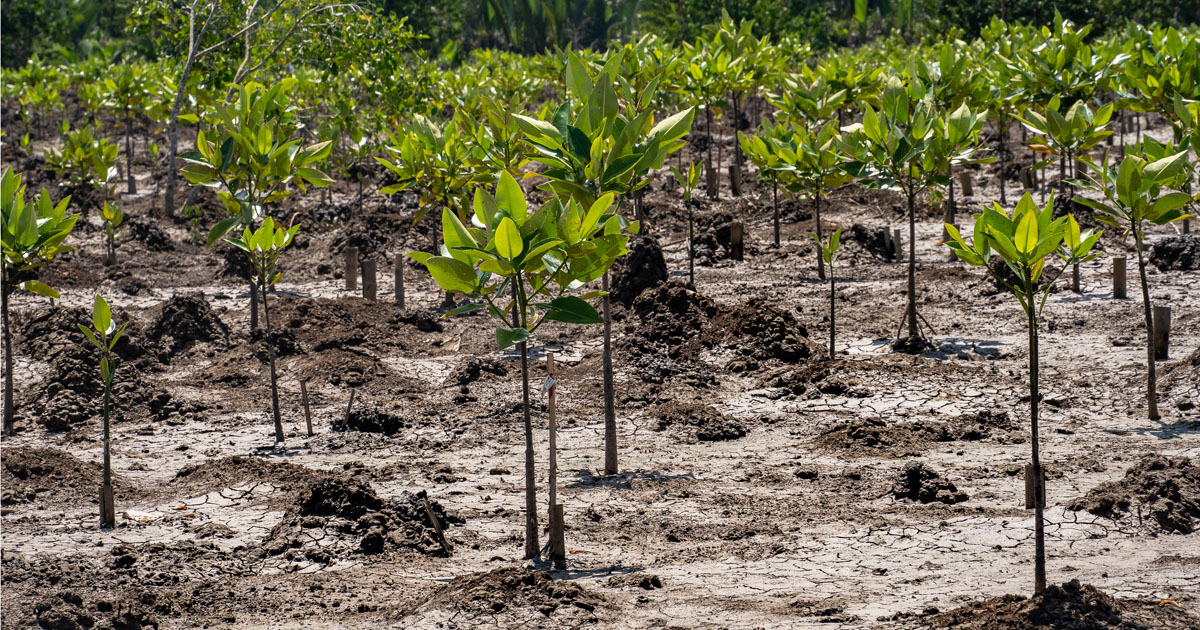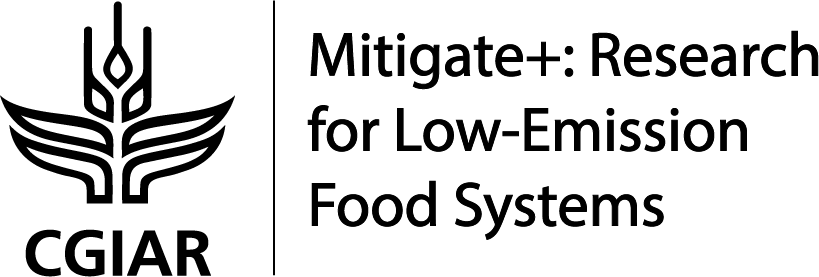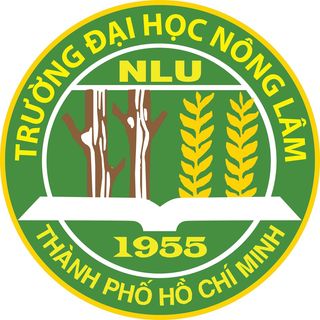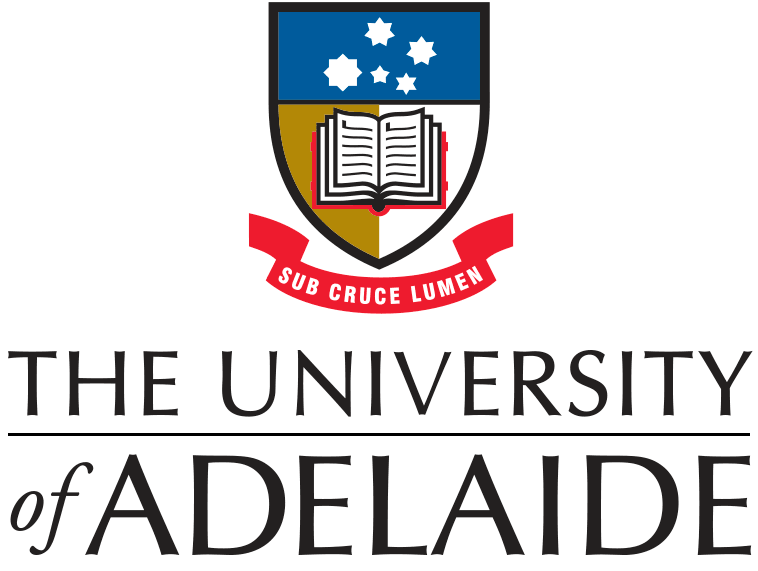In parallel with socio-economic development, provinces within the Mekong Delta were the first ones in Vietnam to sign commitments with the Ministry of Agriculture and Rural Development on reducing greenhouse gas emissions in the agricultural sector, developing an action roadmap to realize the emission reduction commitments mentioned in the National Voluntary Commitment. However, to achieve the goal of reducing emissions and fulfilling the mission of ensuring food security for the whole country, the Mekong Delta is facing many difficulties: population pressure and climate change effects are increasing, the requirements of the market are becoming more and more demanding, and fluctuations in product prices are affecting people’s lives. Further, there is a lack of synchronization in policy mechanisms and inter-sectoral coordination to reduce emissions in the entire product supply chain; at present there is a focus on only single agricultural industries. In addition, the lack of clarity on the definition of a low-emission food system as well as limited databases and scientific evidence on solutions for low-emission food systems in Vietnam and the Mekong Delta have led to difficulties for policymakers, and stakeholders in the effective implementation of policies and operations. At the same time, Vietnam recognizes there is a need to ensure food security and reduce greenhouse gas emissions in the Mekong Delta region, not only as a national policy, but also as Vietnam’s contribution to stabilizing food security and politics globally.

























